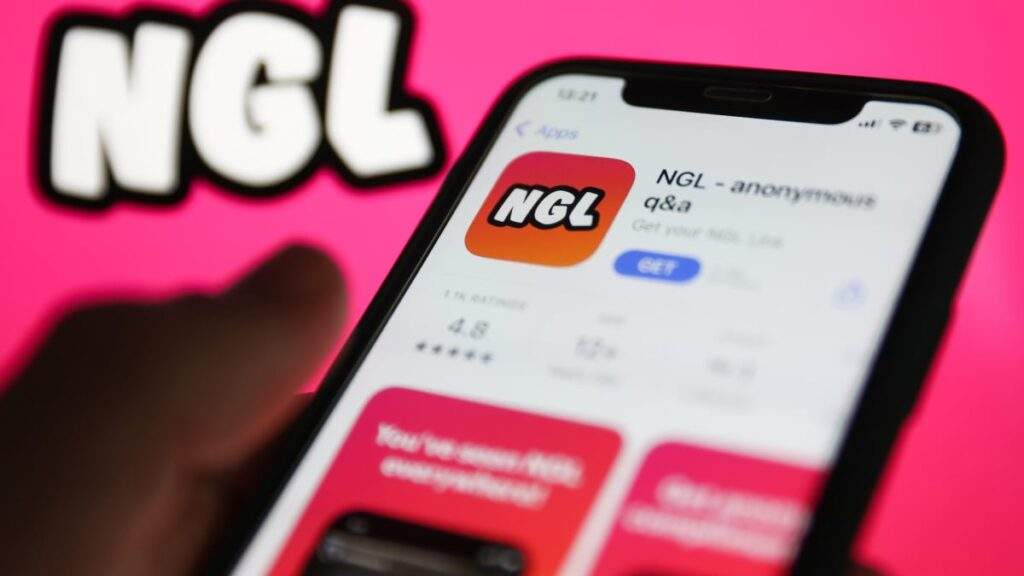Federal Trade Commission Bans NGL App Over Bullying and Harassment Concerns
A recent order from the Federal Trade Commission (FTC) has banned NGL, an anonymous messaging app, from marketing its services to teens under the age of 18. This move comes after the agency discovered that NGL was knowingly exposing its users to cyberbullying and harassment.
NGL, which stands for “not gonna lie,” was one of the most downloaded apps in the Apple App Store in 2022, with millions of users. However, the FTC alleged that the company had a history of deceptive practices, including charging users recurrently without proper consent and sending fake messages to increase engagement and revenue.
The FTC complaint also accused NGL of violating the Children’s Online Privacy Protection Act (COPPA) by failing to obtain verifiable parental consent before collecting personal information from children under the age of 13.
The company’s cofounders, Raj Vir and Joao Figueiredo, agreed to pay $5 million to settle the case. In a statement, Figueiredo acknowledged that the app’s practices were not perfect, but added that the settlement would provide direction for the company and improve policies in the industry.
However, Fairplay, a nonprofit organization that filed a complaint against NGL, welcomed the FTC’s order. “Big Tech does not have carte blanche to offer children products and features that are demonstrably harmful and deceptive,” said Fairplay policy counsel Haley Hinkle.
The ban marks the first time the FTC has ordered such a restriction on an app. It’s a significant move, as it highlights the agency’s commitment to protecting the safety and well-being of young users online.
The company has announced plans to make changes to the app, including the ability to filter incoming messages for certain words and more control over blocking users. While this is a step in the right direction, the FTC’s ban sends a clear message to app developers: prioritizing user safety and well-being is essential.
In light of this development, it’s crucial for parents and guardians to be aware of the potential risks associated with anonymous messaging apps. As the FTC continues to monitor the industry, it’s essential for companies to take proactive steps to ensure the safety and security of their users, particularly children and teenagers.
Ultimately, the ban serves as a warning to app developers that the FTC will take action to protect young users from harmful and deceptive practices. As the digital landscape continues to evolve, it’s crucial for regulators, companies, and individuals to prioritize online safety and well-being.
